

Choosing the right concrete bolts is crucial for ensuring the strength and stability of any construction project. Whether you're a seasoned professional or a DIY enthusiast, understanding the various types of concrete bolts, their applications, and installation methods is essential for success. This guide will walk you through everything you need to know to confidently purchase and install the appropriate concrete bolts for your specific needs.
Anchor bolts are a common type of concrete bolt used to secure heavy objects to concrete substrates. They come in various materials, including steel, stainless steel, and zinc-plated steel, each offering different levels of corrosion resistance and strength. The choice of material depends on the environment and the load requirements. For instance, stainless steel concrete bolts are ideal for outdoor applications or environments with high humidity. Hebei Muyi Import&Export Trading Co.,Ltd offers a wide variety of high-quality anchor bolts, ensuring you find the perfect solution for your project. Visit their website at https://www.muyi-trading.com/ to explore their selection.
Stud bolts are threaded rods embedded in concrete, providing a secure attachment point for various structures and equipment. They are commonly used in heavy-duty applications where high tensile strength is required. The length and diameter of the stud bolt are selected based on the load capacity and the concrete's strength. Proper installation techniques are critical for ensuring the structural integrity of the assembly. Incorrect installation can lead to premature failure, so it's essential to consult relevant building codes and follow best practices.
J-bolts, characterized by their J-shaped design, are frequently used for anchoring equipment and machinery to concrete foundations. Their unique shape allows for easy installation and a secure grip. Selecting the appropriate size and material is crucial to ensure sufficient load-bearing capacity for the application.
Several factors influence the selection of concrete bolts. These include:
Correct installation is critical to ensuring the integrity and longevity of your structure. Always follow the manufacturer's instructions and consider consulting a qualified professional for complex installations.
Proper pre-drilling is essential. The hole diameter and depth must match the bolt specifications. Incorrect drilling can lead to the bolt not setting properly, compromising the strength of the connection.
| Bolt Type | Application | Advantages | Disadvantages |
|---|---|---|---|
| Anchor Bolt | General purpose fastening | Versatile, readily available | Can be susceptible to corrosion |
| Stud Bolt | Heavy-duty applications | High tensile strength | More complex installation |
| J-Bolt | Anchoring equipment | Easy installation | Limited applications |
Remember, selecting and installing the correct concrete bolts is vital for a secure and safe structure. Always prioritize safety and consult professionals when necessary.

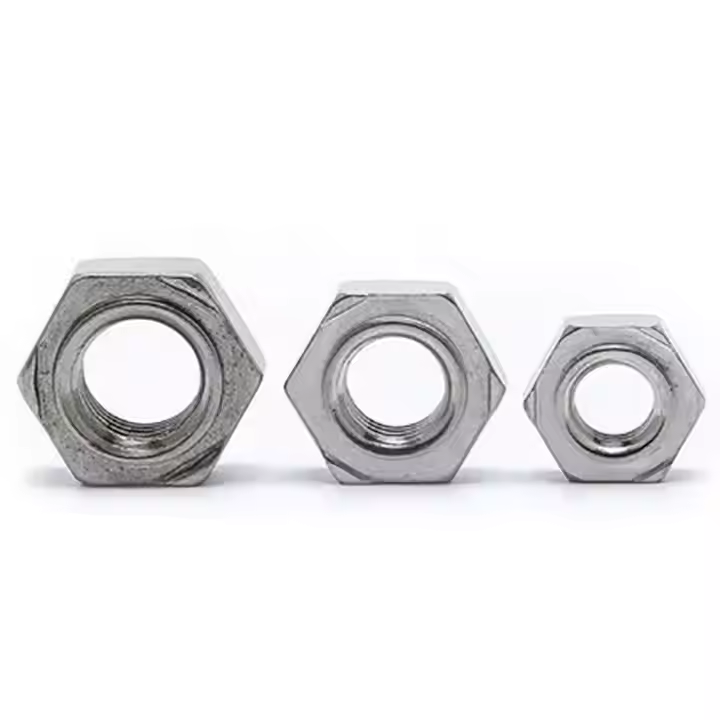
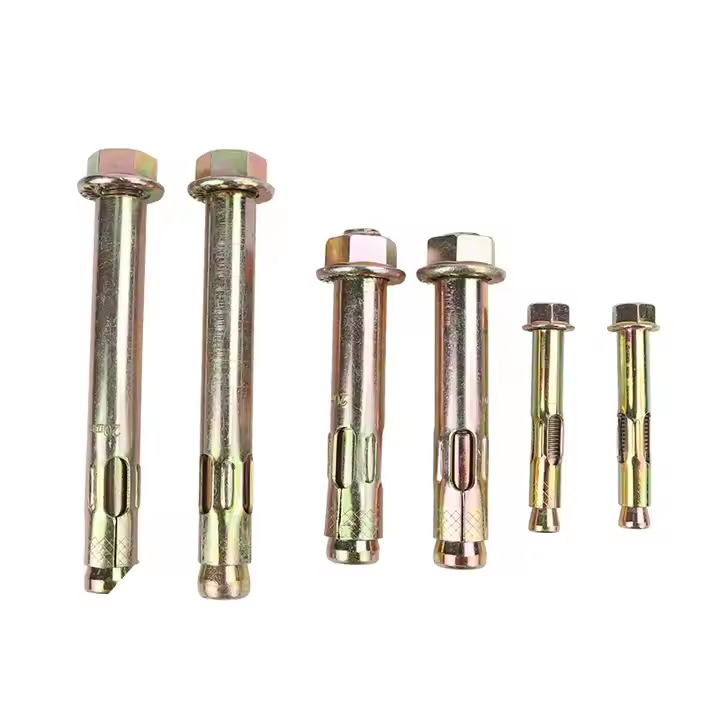



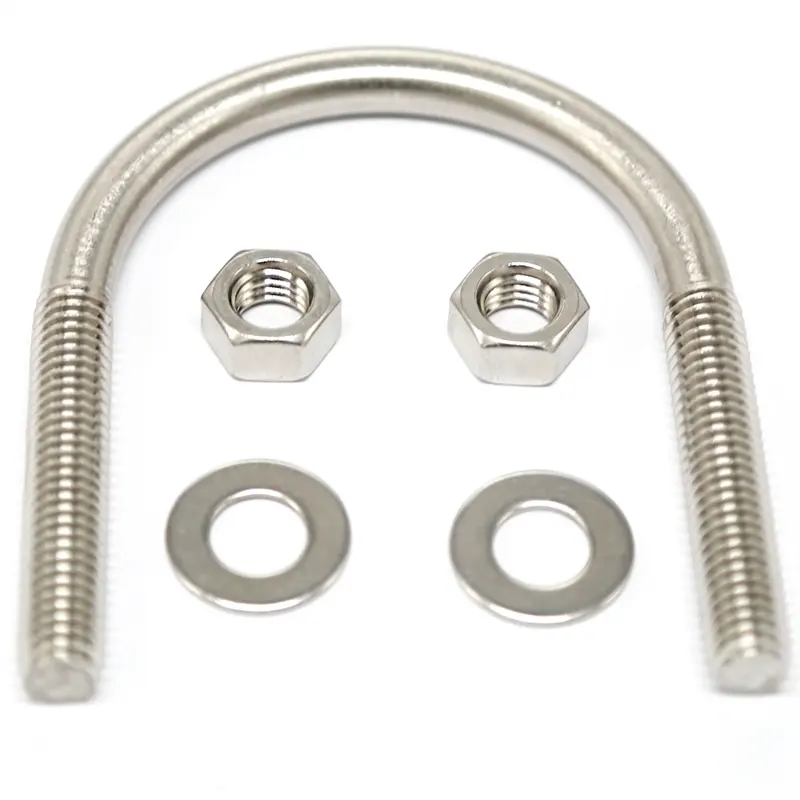
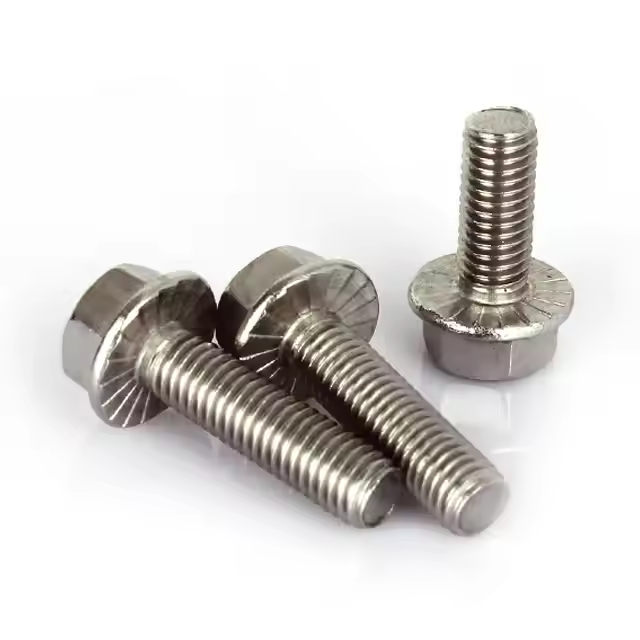
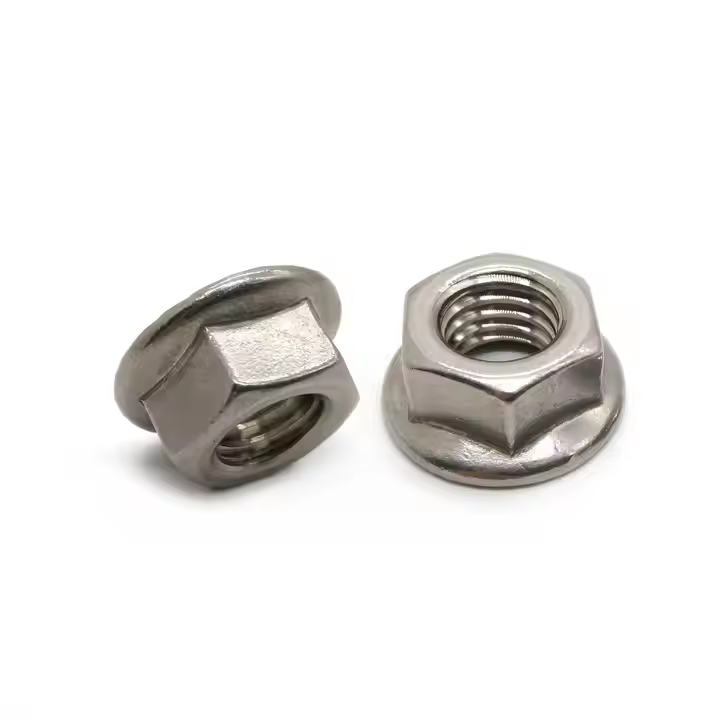
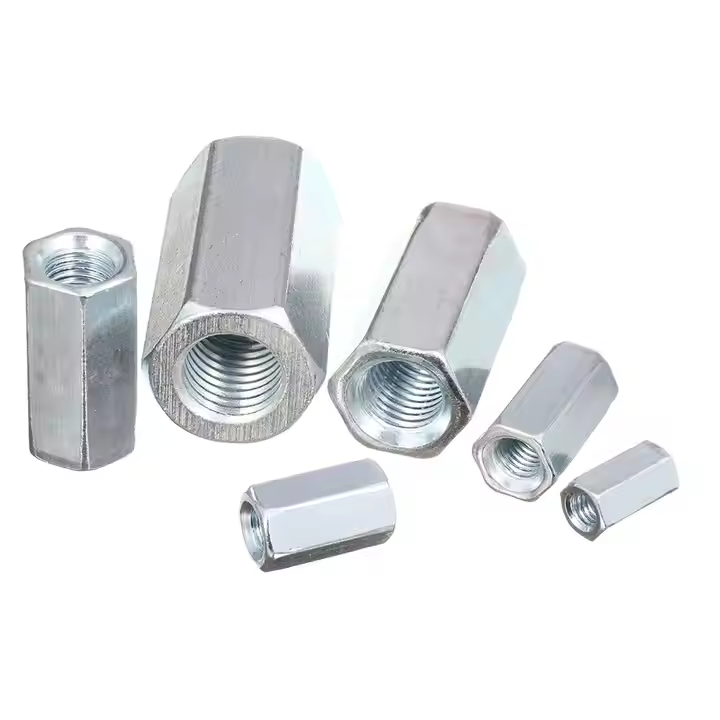
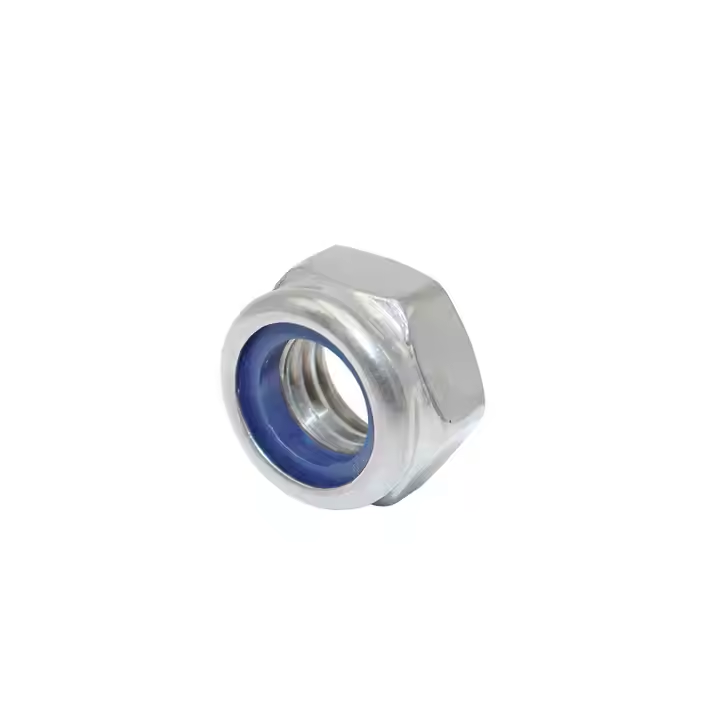


Please enter your email address and we will reply to your email.